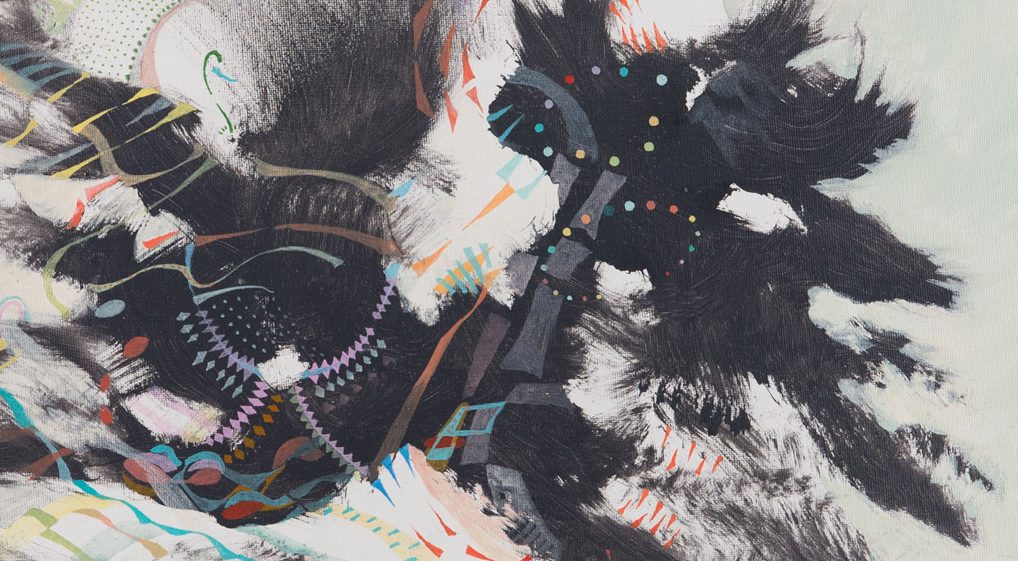The reporters called and asked me: Did you know him? / I was his teacher, I said many times that day. Yes, I knew him.
Poetry by Martín Espada
for Jim Foley, journalist executed on video by ISIS (Islamic State of Iraq and al-Sham), August 19, 2014
The reporters called and asked me: Did you know him?
I was his teacher, I said many times that day. Yes, I knew him.
Once he was a teacher too, teaching in another mill town
where the mills have disappeared. There they knew him.
He taught the refugees cut adrift from an island of sugar cane
where the cane has disappeared. In Spanish they knew him.
They sounded out the English, made the crippled letters
walk across the page for him, all because they knew him.
He ate their rice and beans, held their infants, posed with them
for snapshots at the graduation. Ask them how they knew him.
Beliza, Mónica, Limary: with him they wrote a poem of waterfalls
and frogs that sing at night, so he could know them as they knew him.
We know his words are raining in the rain forest of the poem.
We cannot say what words are his, even though we knew him.
His face on the front page sold the newspapers in the checkout line.
His executioners and his president spoke of him as if they knew him.
The reporter with the camera asked me if I saw the video his killers
wanted us to see. I muttered through a cage of teeth: No. I knew him.
Once he was a tall boy from New Hampshire, standing in my doorway.
He spoke Spanish. He wanted to teach. I knew him. I never knew him.
Martín Espada was born in Brooklyn, New York in 1957. He has published almost twenty books as a poet, editor, essayist and translator. His latest collection of poems from Norton is called Vivas to Those Who Have Failed (2016). Other books of poems include The Trouble Ball (2011), The Republic of Poetry (2006), Alabanza (2003), A Mayan Astronomer in Hell’s Kitchen (2000), Imagine the Angels of Bread (1996), City of Coughing and Dead Radiators (1993) and Rebellion is the Circle of a Lover’s Hands (1990). His many honors include the 2018 Ruth Lilly Poetry Prize, the Shelley Memorial Award, the Robert Creeley Award, the National Hispanic Cultural Center Literary Award, an American Book Award, an Academy of American Poets Fellowship, the PEN/Revson Fellowship and a Guggenheim Fellowship. The Republic of Poetry was a finalist for the Pulitzer Prize. The title poem of his collection Alabanza, about 9/11, has been widely anthologized and performed. His book of essays, Zapata’s Disciple (1998), was banned in Tucson as part of the Mexican-American Studies Program outlawed by the state of Arizona, and has been issued in a new edition by Northwestern University Press. A former tenant lawyer in Greater Boston’s Latino community, Espada is a professor of English at the University of Massachusetts-Amherst.
